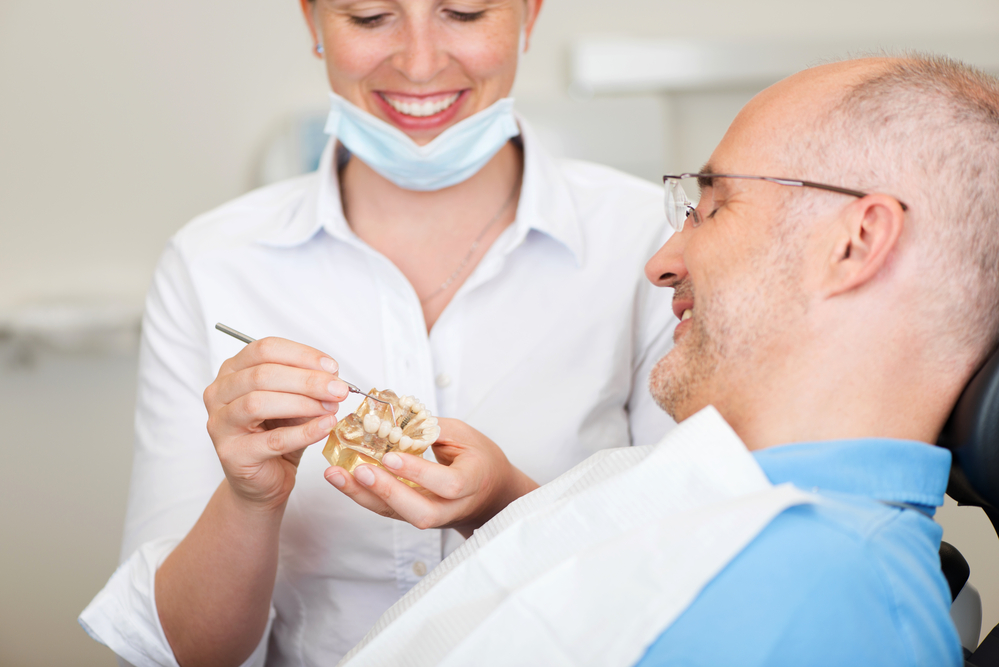A fractured tooth can happen to anyone. Adults are not immune to such injury, even if it is an accident that occurs more frequently in younger individuals. Fortunately, there are numerous options for replacing your injured tooth, despite the fact that the situation can be distressing. To avoid this, we will need to respond fast and with the appropriate reflexes.
What Are the Causes of a Broken Tooth?
Contrary to popular belief, there are many situations in which you may break your teeth. And it is far from being as rare an event as we would like to believe. You can end up with a broken tooth in the following cases:
- A shock or blow (such as during sports practice);
- An accident
- By chewing too hard food;
- Following a cavity (if your tooth is devitalized, it will be more fragile because it is more brittle);
- Periodontal inflammation;
- If you have bruxism (if you involuntarily tighten your jaw);
- With age (the more you stay awake, the more fragile your teeth are and may break)
How Can I Treat a Broken Tooth?
Your dentist will need to diagnose the condition by taking an X-ray and doing a cold vitality test before treating your damaged tooth. These two tests will discover a possible lesion of your dental pulp, as well as your tooth’s root or nerve. Indeed, if the nerve is not touched, it will be possible to repair your fractured tooth.
For treatment to be as effective as possible, you must go to your dentist as soon as possible. Depending on the state of your tooth (the affected parts, if you have found the tooth shine, etc.), the method used will not be the same. Here are the different possible scenarios if your tooth is broken.
Is Your Tooth Broken Under the Gum or Bone?
Even if it is rarer, your tooth can break below the level of your gum or jaw bone. It will sometimes be possible to adjust this level using a laser (in the clinic) and to clear the tooth so that it can be repaired as best as possible. But if the fracture is too deep under the gum (and at the level of the bone), it will have to be removed all around your tooth before you can repair it.
To avoid damaging your gums, the restoration should be at least 3 mm from the bone (to avoid inflammation of your gums). In this case, a lengthening of the crown will allow it enough space between the edge of the restoration and the level of the bone. Your dentist can use a scalpel or a laser for this. Once the repair is complete, they will likely put a crown on you to strengthen your tooth.
You’ll have no choice but to extract your tooth if it’s fractured too deeply beneath the gum line. Be cautious, since this operation can remove bone that would be valuable if an implant were to be placed. As a result, it should only be done after a comprehensive diagnostic and, ideally, immediately followed by the placement of an implant, as long as the requisite bone is available in adequate quantity and quality.
Have You Found Your Tooth Fragment?
If you have not found a fragment of your broken tooth, or if it is not possible to repair it, your dentist will have to install a new one (made of resin composite). They can also offer you a dental facet if it is too damaged but the nerve is not affected. If the nerve is affected, it will need to be devitalized before placing a crown or bridge to strengthen it.
Is Your Tooth Very Painful?
If your tooth is exceedingly painful or if the pulp of your tooth is damaged, you will need root canal treatment, which will save the shell of your natural tooth by emptying the important component (soft) that is present inside. It’s a good option if the outside of your tooth and its supporting structure are still in good shape and it’s not a chewing tooth. If you plan to get a prosthesis, your dentist will also propose root canal therapy.
Questions? Contact our Dallas-Fort Worth, TX Dentists Today!
If you have any additional questions about treating broken teeth or would like to schedule an appointment with Dr. Kalpesh Patel & Dr. Yousif Bolus please don’t hesitate to contact Active Dental today! Our friendly staff would be delighted to help you and are trained to handle dental emergencies.




